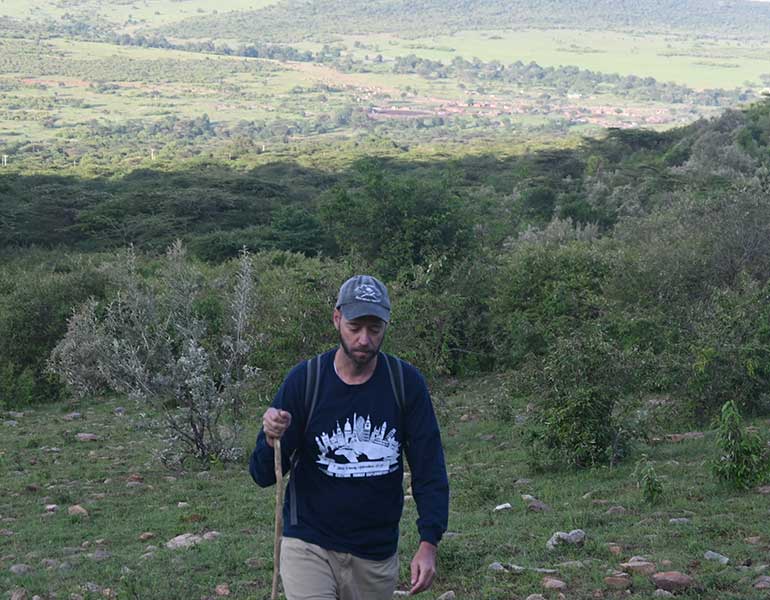Kenya’s game reserves are celebrated globally for their incredible wildlife and stunning landscapes, attracting tourists in search of unforgettable safari adventures. While national parks often steal the spotlight, a hidden gem in conservation efforts emerges through community-based conservancies. This article delves into the vital role these conservancies play in preserving the biodiversity of Kenya’s game reserves.
Kenya’s game reserves are a cornerstone of the nation’s heritage, providing a habitat for iconic species like lions, elephants, leopards, rhinos, and buffalos. Yet, beneath the surface of these popular safari destinations lies the often overlooked work of community-based conservancies, exemplified by initiatives like Drunken Elephant Mara, dedicated to ensuring these dreams endure for generations.
The Impact of Community-Based Conservancies
Community-based conservancies, led by local communities surrounding game reserves, stand as the unsung heroes of wildlife conservation in Kenya. Collaborating with organizations like Drunken Elephant Mara, these conservancies make substantial contributions to safeguarding the country’s rich flora and fauna.

Drunken Elephant Mara takes a leading role in this movement by partnering with local communities to create a symbiotic relationship benefiting both conservation and livelihoods. Their primary objectives include reducing human-wildlife conflicts, promoting responsible tourism, and ensuring the well-being of both wildlife and the local populations.
Preserving Biodiversity
While game reserves are crucial for protecting diverse wildlife, active involvement from local communities is essential for effective conservation. Community-based conservancies act as buffers between expanding human settlements and the animals’ natural habitats, implementing innovative strategies to minimize conflicts and protect the wildlife.
Through Drunken Elephant Mara, local communities engage in anti-poaching efforts, wildlife monitoring, and habitat restoration. Employment opportunities and educational programs foster a sense of ownership among the local population, turning them into guardians of these precious ecosystems.
Economic Empowerment
Beyond conservation, community-based conservancies significantly contribute to the economic development of the region. Job creation in the form of eco-lodges, safari guides, and other tourism-related activities enhances the local economy. Visitors also get to experience the rich local culture and traditions, adding value to their safari adventures.
Drunken Elephant Mara, in collaboration with these conservancies, is committed to responsible tourism. They offer unique safari experiences that allow travelers to connect with local communities, directly contributing to the well-being of those residing in these areas.

Planning Your Visit to Kenyan Game Reserves
For those planning to explore Kenya’s game reserves, consider visiting community-based conservancies supported by organizations like Drunken Elephant Mara. Your visit can make a significant impact on conserving these natural wonders and supporting local communities.
For more information about safari experiences in Kenya or to book your adventure, contact Drunken Elephant Mara at adventure@drunkenelephantmara.com or call us at +254 738 450 106.
Conclusion
Community-based conservancies stand as unsung heroes in preserving Kenya’s game reserves. They play a pivotal role in maintaining biodiversity, mitigating human-wildlife conflicts, and supporting local communities. Organizations like Drunken Elephant Mara lead these conservation efforts, promoting responsible tourism to ensure these natural wonders are enjoyed by future generations. When you visit these game reserves, you not only witness majestic wildlife but also become part of their ongoing conservation story.
Link Densustotositus togel
